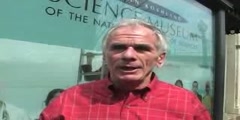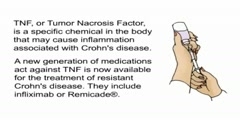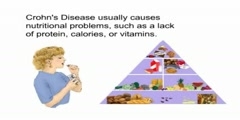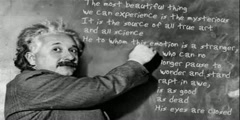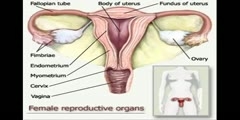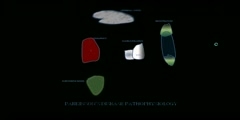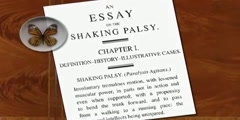Lec 2- Classical Views of Disease: Hippocrates, Galen, and Humoralism
"Lec 2- Classical Views of Disease: Hippocrates, Galen, and Humoralism"Epidemics in Western Society Since 1600 (HIST 234) The form of medicine that arose in fifth-century Greece, associated with the name of Hippocrates and later popularized by Galen, marked a major innovation in the treatment of disease. Unlike supernatural theories of disease, Hippocrates' method involved seeking the causes of illness in natural factors. This method rested upon an analogy between the order of the universe and the composition of the body's "humors." Health, on this view, was a matter of achieving equilibrium between competing humoral forces. Although Hippocratic theory would later be challenged for a number of different reasons, notably including the experience of epidemic diseases, it persists today in various traditions of holistic medicine. 00:00 - Chapter 1. Diseases as Supernatural 13:50 - Chapter 2. Humoralism 30:14 - Chapter 3. Galen as Interpreter of Hippocratic Medicine 42:32 - Chapter 4. Ascelpius Complete course materials are available at the Open Yale Courses website: http://open.yale.edu/courses This course was recorded in Spring 2010.
Video is embedded from external source so embedding is not available.
Video is embedded from external source so download is not available.
Channels: Sociology
Tags: Lec 2- Classical Views of Disease: Hippocrates, Galen, and Humoralism
Uploaded by: yaleepidemicswso ( Send Message ) on 13-09-2012.
Duration: 48m 12s
Here is the next lecture for this course
Diverticular Disease explanation
03:13 | 6799 viewsmHealth: Infectious Disease in a Mobile Age
06:07 | 10230 viewsTourette syndrome: views of young patients
03:14 | 74113 viewsModern Transportation & Infectious Diseas ...
05:40 | 10656 viewsThe Koshland Museum Infectious Disease Ex ...
05:09 | 7764 viewsDiagnosis of Crohns Disease
06:21 | 6973 viewsCrohns Disease
07:21 | 6286 viewsInflammatory disease of the bowel
06:32 | 7622 viewsExpounding on Parkinsons Disease
07:45 | 5790 viewsRole of omega-3 fatty acid in coronary he ...
02:14 | 8444 viewsSpirochetes that cause lyme disease
00:25 | 6533 viewsEinstein’s quotations: his views about life
07:30 | 8562 viewsCystic fibrosis: a life threatening disease
09:07 | 7920 viewsParkinson Disease Pathophysiology science ...
02:36 | 13856 viewsVideo for Understanding Parkinson's Disease
03:15 | 6576 viewsNo content is added to this lecture.
This video is a part of a lecture series from of Yale
Lecture list for this course
Lec 1 - Introduction to the Course - Epidemics in Western Society
Lec 3 -Plague (I): Pestilence as Disease
Lec 4 - Plague (II): Responses and Measures
Lec 5 - Plague (III): Illustrations and Conclusions
Lec 6 - Smallpox (I): 'The Speckled Monster'
Lec 7 -Smallpox (II): Jenner, Vaccination, and Eradication
Lec 8 - Nineteenth-Century Medicine: The Paris School of Medicine
Lec 9 - Asiatic Cholera (I): Personal Reflections
Lec 10 -Asiatic Cholera (II): Five Pandemics
Lec 11- The Sanitary Movement and the 'Filth Theory of Disease'
Lec 13 - Contagionism versus Anticontagionsim
Lec 14 -Tropical Medicine as a Discipline
Lec 15 - The Germ Theory of Disease
Lec 16 - Malaria (I): The Case of Italy
Lec 17- Malaria (II): The Global Challenge
Lec 18- Tuberculosis (I): The Era of Consumption
Lec 19- Tuberculosis (II): After Robert Koch
Lec 21- The Tuskegee Experiment
Lec 24 -Poliomyelitis: Problems of Eradication
Lec 25 -SARS, Avian Inluenza, and Swine Flu: Lessons and Prospects





